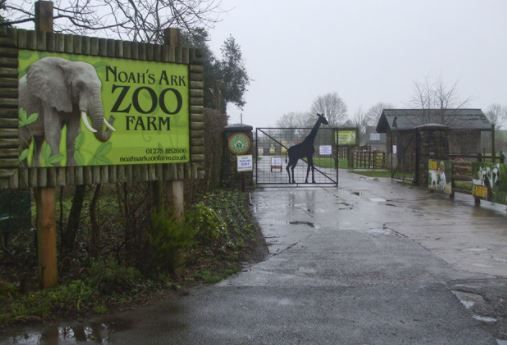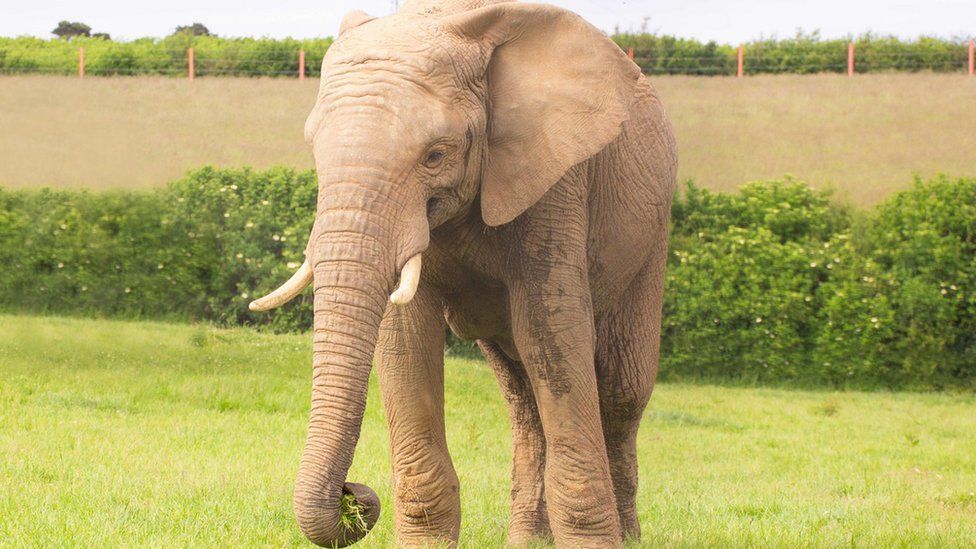Anna Johnson, Deputy Style Editor of the Croft
One of my favourite childhood memories is visiting the penguins in Bristol Zoo with my grandparents. However, recently a few friends of mine visited the zoo and found the experience to be nothing like it used to be as a child.
The glimmer of blissful ignorance we once experienced was brought to an abrupt halt, as nostalgia was no longer enough to hide the fundamental, unavoidable fact – zoo animals simply do not have enough space in their enclosures.
This is not necessarily the fault of zoo owners themselves, as in most cases bigger animals are given as much space as possible. Yet, my peers felt that these animals were meant to be in the wild and the whole experience was tinged with the worst kind of aftertaste: guilt.
.@Noahs_Ark_Zoo says it's deeply saddened by the death of 12-year-old M'Changa.
— BBC Radio Bristol (@bbcrb) June 22, 2021
We've been told he died after an incident with another #AfricanElephant.
The zoo says it's investigating and is looking at the best way forward for its other elephants. pic.twitter.com/TK2vULKIUA
A recent tragedy in a zoo in Wraxall could be a clear sign that zoos need change, whether that’s reformation, banning or total boycott. A young African elephant, M’Changa, was attacked in his sleep after another bull elephant was put into his enclosure.
The Born Free Foundation’s Head of Policy - an animal rights campaign aiming to ban captivity - Mark Jones, claimed that this incident was an example of how “Inappropriate it is to keep elephants in captivity.”
Despite the 20 acres of space given to the elephants at Noah’s Ark Zoo Farm, the charity believes that zoos are incapable of providing suitable environments for elephants.

It is an interesting debate, and one that has always been polarising. There are certainly valid points to both sides of the coin.
For example, many argue that zoos are great for conservation and are essential for endangered species to breed. Another valid point is that it is beneficial for our own research and education concerning these animals.
While that is true, I feel that the research must be slightly unreliable, as the conditions in a zoo are not the same as an animal’s natural habitat.
Are zoos ethical?
Larry Bush, Wraxall Zoo’s managing director, claimed that “M’Changa’s loss will be felt very deeply.” Evidently, the zookeepers had a strong sense of personal care and affection towards the animal, so perhaps it’s improper to question the good intentions of people who work in zoos.
However, are good intentions and safety procedures enough when incidents such as this still happen? We might never know if this would have happened in the wild or if it was due to being in an enclosed space that caused the incident, but it does beg the question: are zoos ethical?

Considering all this, while zoos are a fun and educational experience for people, certain animals should not be subjected to it. Arguably, zoos may be suitable for smaller animals, though animals such as elephants should not be kept in a zoo, and therefore I believe a reformation is needed.
Many Bristol students will be aware that Bristol Zoo will soon be closing and moving somewhere new. As a charity, they describe the new zoo as an “Inspiring, immersive wildlife experience with conservation and sustainability at its heart, where animals will have the space and facilities to thrive.”
Furthermore, their website expresses their desire to be a world-class zoo that “Sets the standard for a modern, forward-looking zoo in the 21st century.” So, fear not, Bristol students – change is expected in our city when it comes to conservation and zoos.
Featured image: Daiga Elleby
Do you think zoos should be reformed, banned or boycotted?









